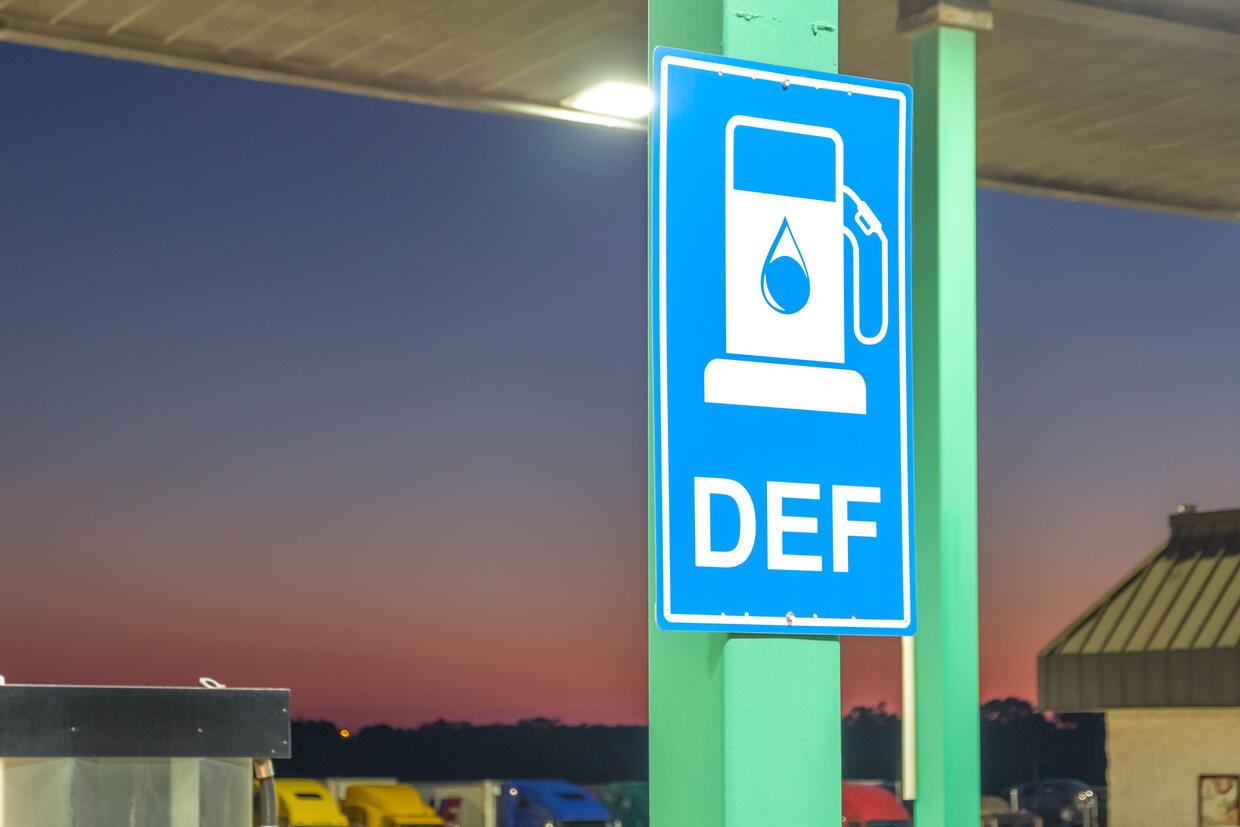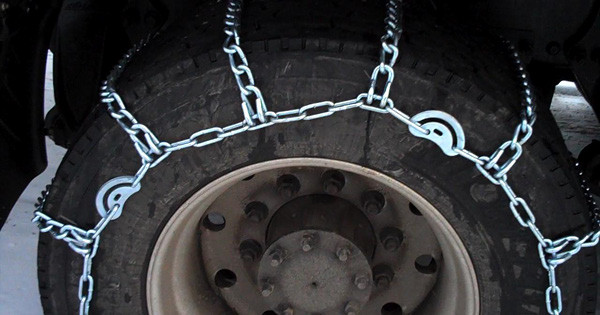February is Heart Month: Prioritize Your Heart Health
This week's Safety Bulletin we discuss the importance of heart health, which class vehicle requires a CDL, and more! Read the full safety bulletin here and subscribe to receive future safety bulletins straight to your inbox.
As we celebrate Valentine's Day, let's also focus on the perfect gift of heart health. February is recognized as American Heart Month, providing an excellent opportunity to commit to a healthy lifestyle and make small changes that can contribute to a lifetime of heart well-being.
Cardiovascular disease (CVD), encompassing heart disease, stroke, and high blood pressure, stands as the leading cause of mortality for both women and men in the United States. Its impact extends beyond mortality, affecting the ability to work and engage in family activities, with a staggering annual cost exceeding $300 billion, covering health care services, medications, and lost productivity.
Recognizing a Stroke
Identifying the symptoms of a stroke can be challenging, and a lack of awareness can lead to severe consequences. Bystanders can play a crucial role by asking three simple questions:
- S: Ask the individual to SMILE.
- T: Ask the person to TALK and SPEAK A SIMPLE SENTENCE coherently (e.g., "It is sunny out today").
- R: Ask them to RAISE BOTH ARMS.
If there is difficulty with ANY ONE of these tasks, immediately call the emergency number and describe the symptoms to the dispatcher. A new sign of a stroke involves asking the person to stick out their tongue; if it appears 'crooked,' going to one side or the other, it's also an indication of a stroke.
Learn more about American Heart Month
Commercial Motor Vehicle Driver Certification and Hypertension Stages
Question: What is the effect on commercial motor vehicle driver certification based on FMCSA hypertension stages?
Guidance:
- CFR 391.41(b)(6): A driver with a diagnosis of hypertension on treatment should have at least an annual certification.
- A CMV driver with a Blood Pressure (BP) <140/90 may be certified for two years.
- First-time BP elevated:
- Stage 1 - BP 140-159/90-99 Certification Period 1 year
- Stage 2 - BP 160-179/100-109 Certification Period 3 months, one-time certification. The driver may receive a one-year certification within three months if BP is below 140/90.
- Stage 3 - BP Reading >180/110 Disqualified. When BP is less than 140/90, the driver can be certified at 6-month intervals.
Do I need a CDL license to operate that truck?
Response: FMCSA CFR 383.3 details the regulations governing this question.
§383.3 Applicability. (a) These rules apply to every individual engaging in operating a commercial motor vehicle (CMV) in interstate, foreign, or intrastate commerce, including employers of such individuals and all States. The definition of a commercial motor vehicle for this regulation is as follows:
A commercial motor vehicle (CMV) refers to a motor vehicle or a combination of motor vehicles utilized in commerce to transport passengers or property if the motor vehicle:
- Possesses a gross combination weight rating of 11,794 kilograms or more (26,001 pounds or more), including towed unit(s) with a gross vehicle weight rating exceeding 4,536 kilograms (10,000 pounds) or
- Has a gross vehicle weight rating of 11,794 kilograms or more (26,001 pounds or more) or
- If designed for the transportation of 16 or more passengers, including the driver or
- Regardless of size, it is employed in transporting hazardous materials as defined in this section.
Common queries related to the CDL, as addressed by the FMCSA, include:
- Can an individual operate a CMV exclusively on private property, not accessible to public travel, without a CDL? Answer: YES
- Do mechanics, salespersons, shop assistants, and occasional drivers require a CDL when test-driving a CMV? Answer: YES, if the CMV is operated on a public street, road, or highway.
- In the case of a change in residence, how long does one have to renew their CDL license in the new state? Answer: 30 Days.
- Are CDLs required for a person driving an empty school bus for a test drive or transport? Answer: Yes, if the bus is designed to carry 16 or more passengers or has an MGVWR exceeding 26,000 lbs. However, a passenger endorsement is not required since the unit is empty.
A driver operates a tractor with a GVWR of exactly 26,000 pounds, towing a trailer with a GVWR of exactly 10,000 pounds, resulting in a GCWR of 36,000 pounds. Hazardous materials (HM) and passengers are not involved. Is it considered a CMV, and does the driver need a CDL? Answer: No to both questions. Despite the vehicle having a GCWR of 36,000 pounds, it does not meet the criteria of a CMV as defined in §383.5, and a CDL is not federally mandated.

Handling Diesel Exhaust Fluid (DEF) in Cold Months:
The winter season brings unique challenges for equipment using diesel exhaust fluid (DEF). Comprising a blend of technically pure urea and purified water, DEF freezes at 11 degrees Fahrenheit and -11 degrees Celsius. Proper maintenance and dispensing are essential to uphold its quality, according to the American Petroleum Institute. Similar to water, DEF expands by up to 7% when frozen, posing a risk of damage to the storage tank if it is at or near full capacity during freezing conditions. It is advisable to keep the DEF tank less than full in cold temperatures to mitigate potential issues.

Chains for Winter Operations:
If you are driving in a state that mandates carrying chains, ensure they are of the right size, securely fastened, clean, and free from damage for easy application when needed. If you're uncertain about your state's chain laws, visit: State Chain Laws Reference
*The Idealease Safety Bulletin is provided for Idealease locations and their customers and is not to be construed as a complete or exhaustive source of compliance or safety information. The Idealease Safety Bulletin is advisory in nature and does not warrant, guarantee, or otherwise certify compliance with laws, regulations, requirements, or guidelines of any local, state, or Federal agency and/or governing body, or industry standard.
